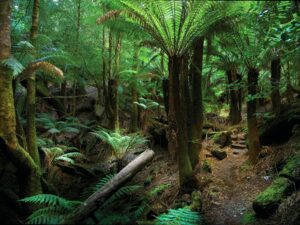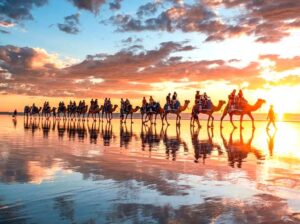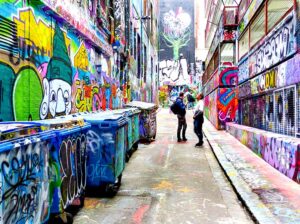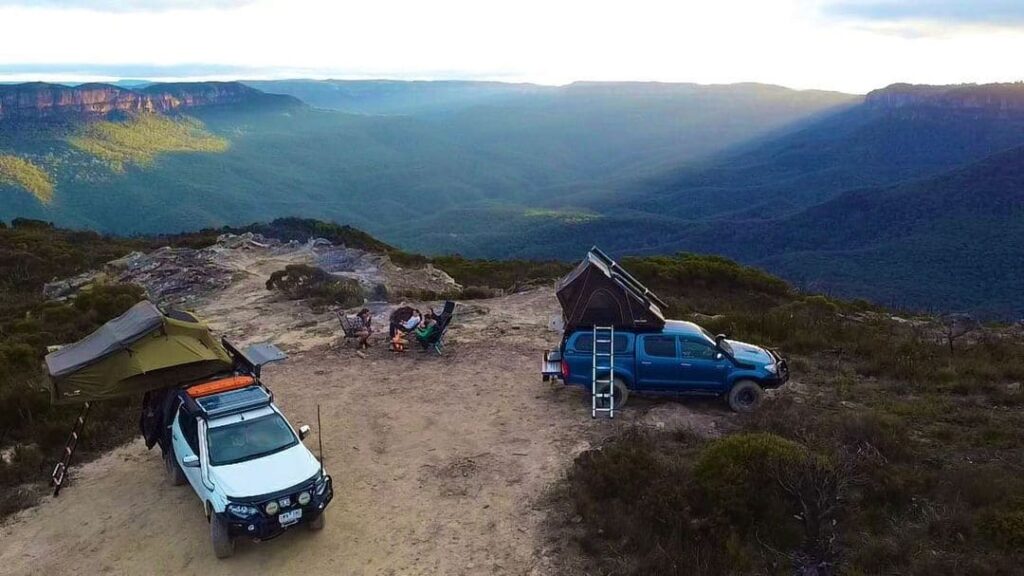
The Blue Mountains in New South Wales, Australia, offers a stunning backdrop for nature enthusiasts and adventure seekers alike. Known for its breathtaking scenery, diverse wildlife, and rich cultural heritage, camping in this region provides an unforgettable experience. In this complete guide, we will delve into the best camping spots, must-have essentials, activities to do, and practical tips to ensure a safe and enjoyable camping trip in the Blue Mountains.
Best Camping Spots in the Blue Mountains
When choosing a campsite in the Blue Mountains, you have several outstanding options, each with its unique charm and proximity to various attractions. Some of the best camping areas include:
- Euroka Campground: Located in the Glenbrook National Park, this site is ideal for families, featuring spacious areas and proximity to the beautiful Nepean River.
- Katoomba Falls Campground: Offering stunning views of the famous Katoomba Falls, this site is perfect for those venturing to explore the famous Three Sisters.
- Braeside Campground: Situated near Wentworth Falls, Braeside provides a more secluded experience, surrounded by rainforest and offering a range of hiking trails.
- Blackheath Campground: Enjoy the lush surroundings and exceptional birdwatching opportunities at this campground that is the perfect base for exploring nearby walking tracks.
- Wellington Caves Campground: For those seeking something different, this site features the incredible limestone caves and offers guided tours.
These campgrounds not only provide stunning views, but also access to a wealth of hiking trails, picnic areas, and stunning lookout points that highlight the region’s natural beauty.

Essential Camping Gear and Supplies
Packing the right gear is crucial for a successful camping trip in the Blue Mountains. Consider bringing the following essential items:
- Tent: A durable, waterproof tent is essential for protection against the elements.
- Sleeping Bag: Choose a sleeping bag appropriate for the season to ensure warmth during cooler nights.
- Cooking Equipment: A portable stove, pots, utensils, and a cooler for food storage are vital for preparing meals.
- First Aid Kit: Always pack a well-stocked first aid kit for emergencies.
- Navigation Tools: Maps, compasses, or GPS devices can help you explore the area safely.
Additionally, don’t forget essentials such as durable clothing, hiking boots, and insect repellent. Preparing a checklist can help you ensure you don’t leave anything behind.
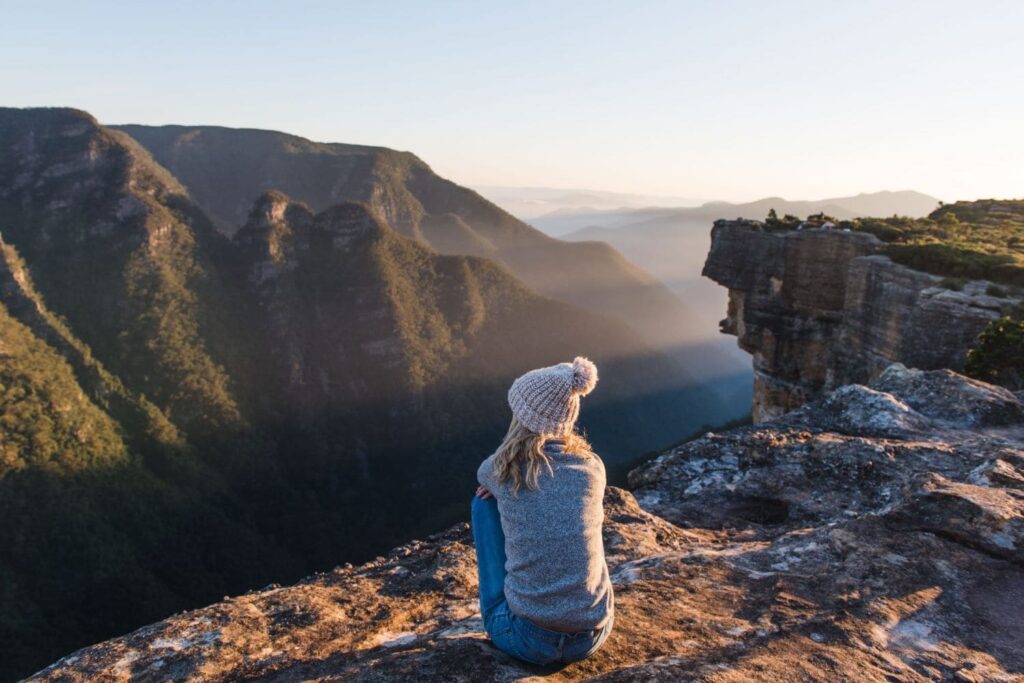
Activities and Attractions in the Blue Mountains
The Blue Mountains offers a plethora of activities catering to all types of adventurers. Hiking is perhaps the most popular choice, with well-marked trails ranging from easy strolls to challenging treks. The Scenic World in Katoomba exemplifies this, boasting iconic views and thrilling rides, including the steepest incline railway in the world.
For those interested in rock climbing, the cliffs around Mount York offer various routes suitable for both beginners and experienced climbers. Birdwatching is another fantastic pursuit in this region, with abundant native species like the Lyrebird and Wedge-tailed Eagle. You may also want to take part in guided tours that delve into the rich Aboriginal history and culture of the area, enhancing your understanding of this ancient land.
Don’t miss out on the breathtaking waterfalls and lookouts scattered throughout the park. Famous sites such as the Wentworth Falls and Bridal Veil Falls present great opportunities for photography and relaxation.
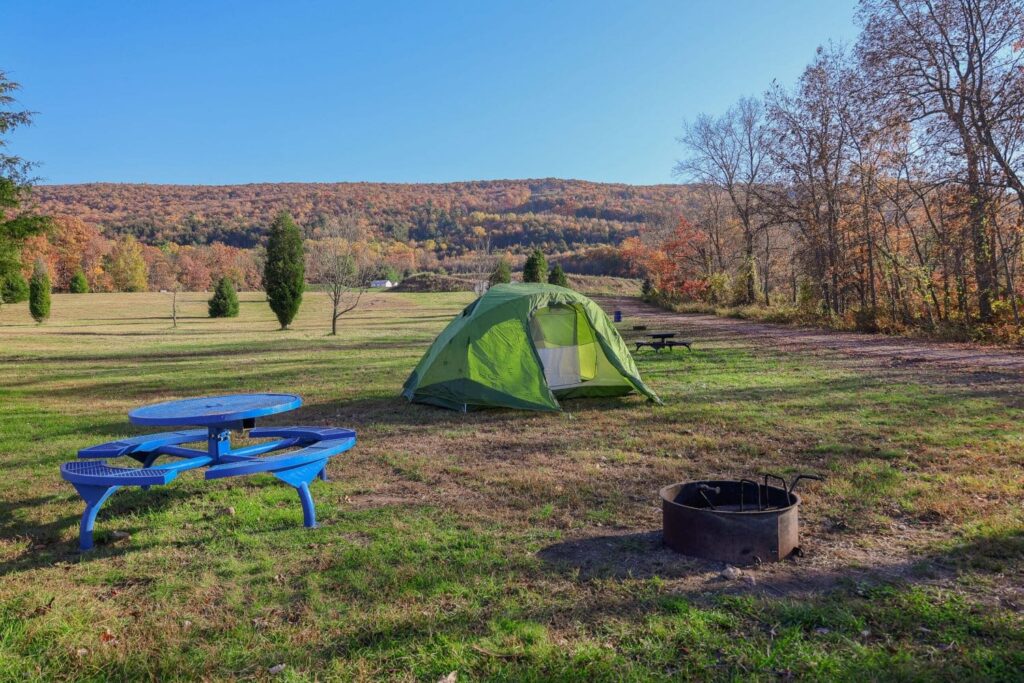
Safety Tips for Camping in the Blue Mountains
While the Blue Mountains is a magnificent camping destination, safety should always be a priority. Here are some essential safety tips:
First and foremost, check the weather conditions before you go; sudden changes can occur. Ensure you have a solid understanding of the area and trail conditions. It’s advisable to inform a friend or family member of your plans and expected return times for added security.
Always follow the guidelines provided at campgrounds to minimize environmental impact. Be aware of wildlife; do not feed animals, and keep food stored securely to avoid attracting them. Lastly, familiarize yourself with emergency contact numbers and the nearest medical facilities, just in case.
Conclusion
Camping in the Blue Mountains is an enriching experience, blending adventure with the opportunity to connect with nature. From choosing the ideal campground and packing essential gear to participating in exciting activities, the region has something for everyone. With its stunning landscapes and myriad attractions, the Blue Mountains promises memorable moments filled with exploration and discovery. So pack your bags, plan your route, and immerse yourself in the beauty of this iconic Australian destination!
FAQs
The best time for camping in the Blue Mountains is during spring (September to November) and autumn (March to May) when the weather is mild and the natural scenery is at its best.
2. Are there campgrounds that accommodate families?
Yes, several campgrounds, such as Euroka Campground, are family-friendly, equipped with amenities like picnic tables, fire pits, and spacious areas for kids to explore safely.
3. Can I bring my pets camping?
Many campgrounds have strict pet policies, so it’s essential to check each campground’s rules in advance. Some areas are pet-friendly, while others may not allow pets to protect local wildlife.
4. Do I need to book a camping site in advance?
While some campgrounds operate on a first-come, first-served basis, it is advisable to book in advance, especially during peak seasons, to secure your spot.
5. Is there a fee for camping in the Blue Mountains?
Most campgrounds charge a modest fee for camping; the price varies by location and the facilities offered. Check the relevant park website for detailed information on fees and booking options.

